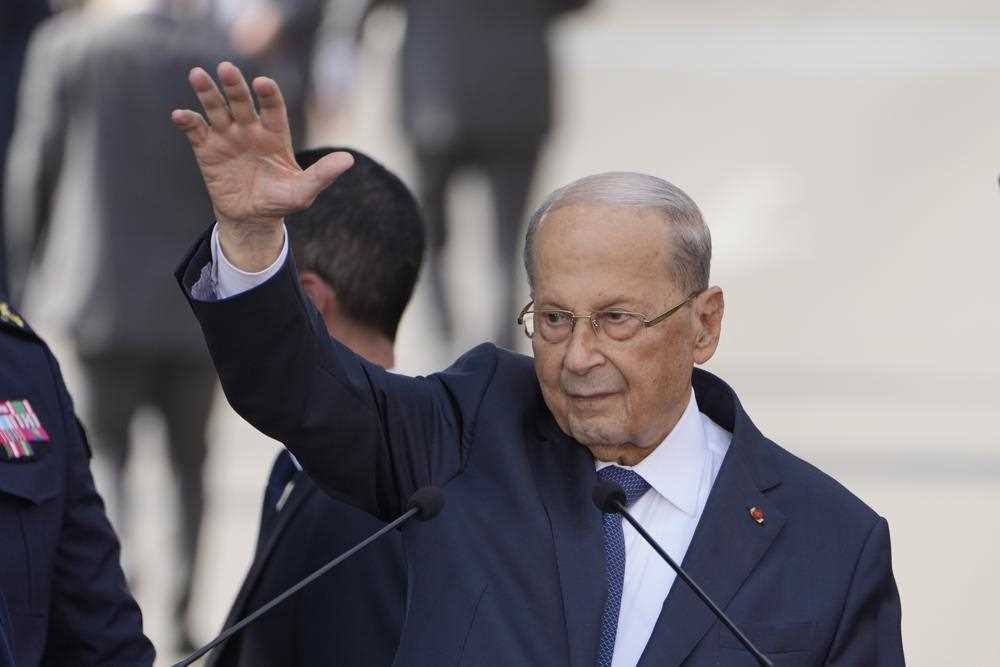The country has been in a state of political limbo and faces a stalemate in Lebanon now with the country struggling to find a consensus candidate for the presidency. Despite the fact that none of the major political parties have an interest in blocking the election of a new president, finding a compromise solution that satisfies all sides has proven to be a significant challenge to overcome the stalemate in Lebanon.
The situation is made even more complicated by the severe economic crisis that Lebanon is currently facing, as well as the regional role of Hezbollah. A new president will need to be acceptable to regional states like Saudi Arabia and Iran, while also having the confidence of the US and France. This means that the candidate must be able to show that they will not undermine the expectations of these regional and international actors, while also being able to preserve good relations with Lebanon’s Arab partners and implement much-needed economic reforms.
To this end, a meeting was held in Paris last month, attended by representatives from the US, France, Saudi Arabia, Qatar, and Egypt. The participants discussed the profile of the ideal candidate, emphasizing the need for a consensual president who would be able to implement reforms and break ties with corrupt patronage networks in the country.
Underlying causes of the political stalemate in Lebanon
However, finding a candidate that satisfies all sides has proven to be difficult, with different factions holding different preferences. Hezbollah and its allies, for instance, have indicated a willingness to engage with the Gulf states, as seen in an article published last November by an affiliated media outlet, Al-Akhbar newspaper. The article suggested a quid pro quo whereby Hezbollah and its allies would choose a president and Saudi Arabia and its local allies would select a prime minister. However, without Christian backing, the candidate suggested by Hezbollah, Suleiman Franjieh, would not have communal legitimacy, handicapping his presidency.
The situation is further complicated by the fact that Saudi Arabia is holding back in Lebanon as long as Hezbollah is active in Yemen. This puts a brake on other Arab states, not least Qatar, which has played an axial role in trying to find a solution, given the fact that it can speak to all sides in the deadlock and act as a mediator.
Despite the difficulties, there are indications that talks are taking place behind the scenes, and it remains possible that a package deal can be worked out eventually to resolve the stalemate in Lebanon. However, for now, a positive outcome remains elusive until one side makes a serious concession.



















